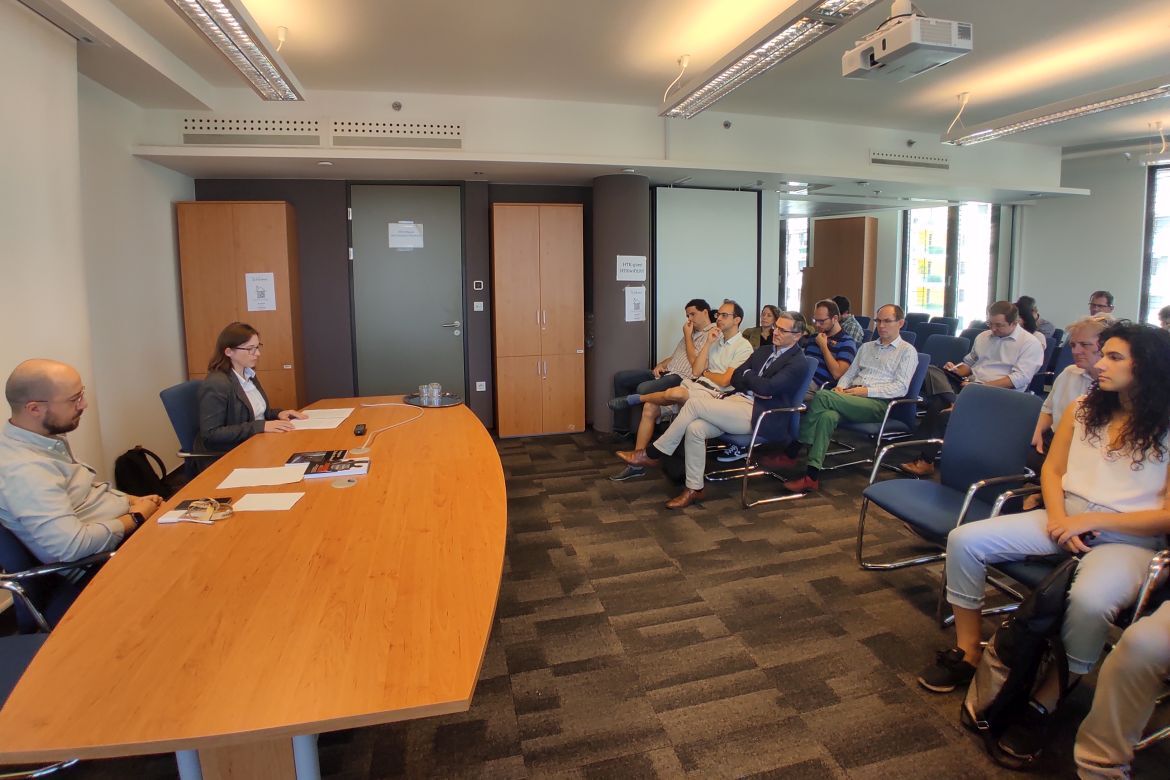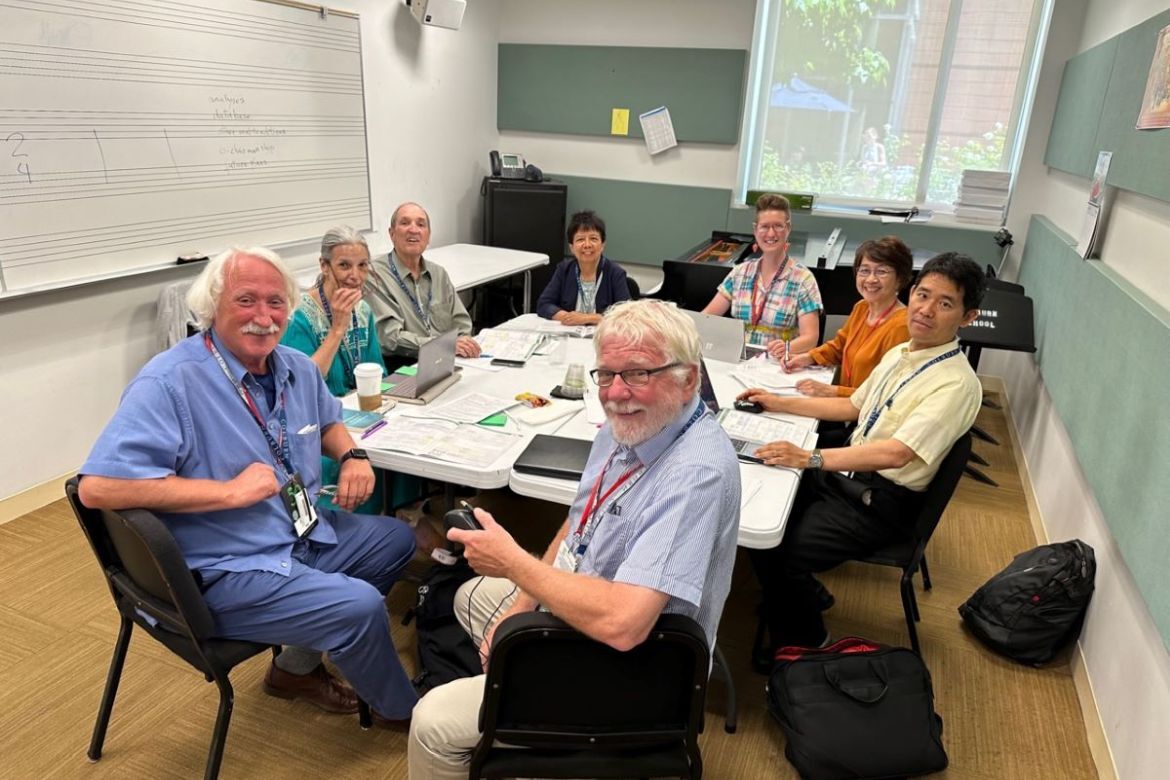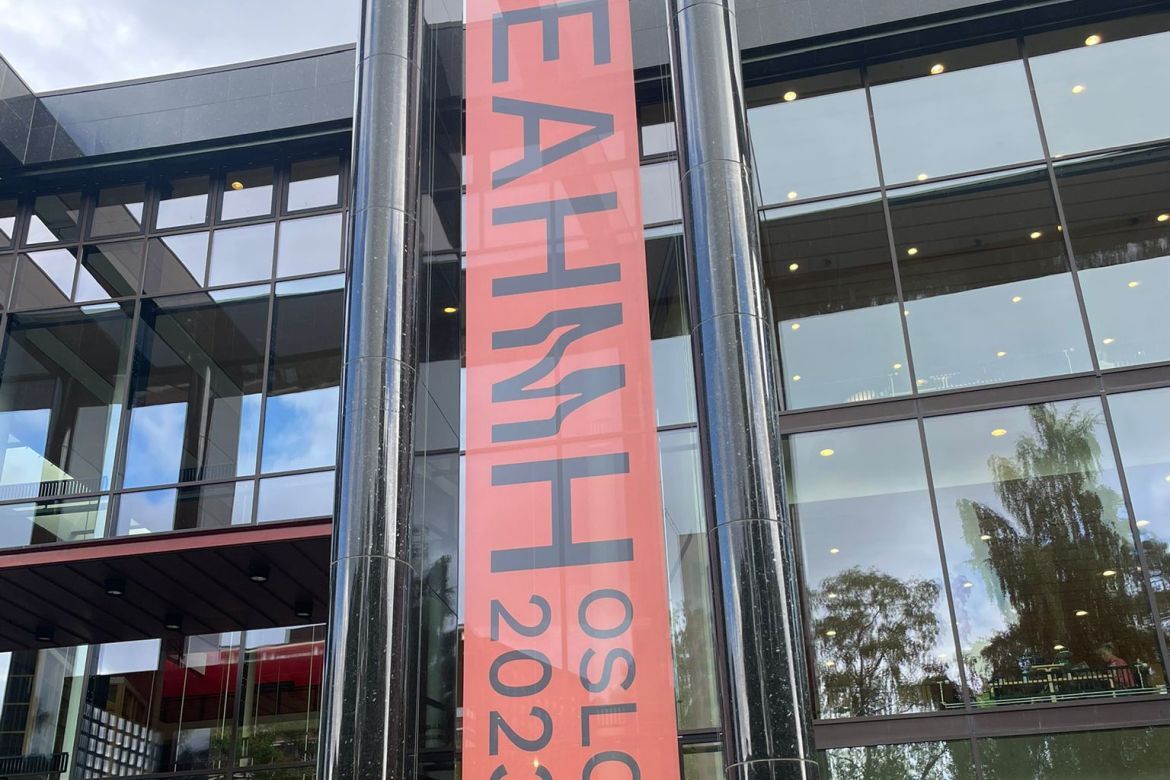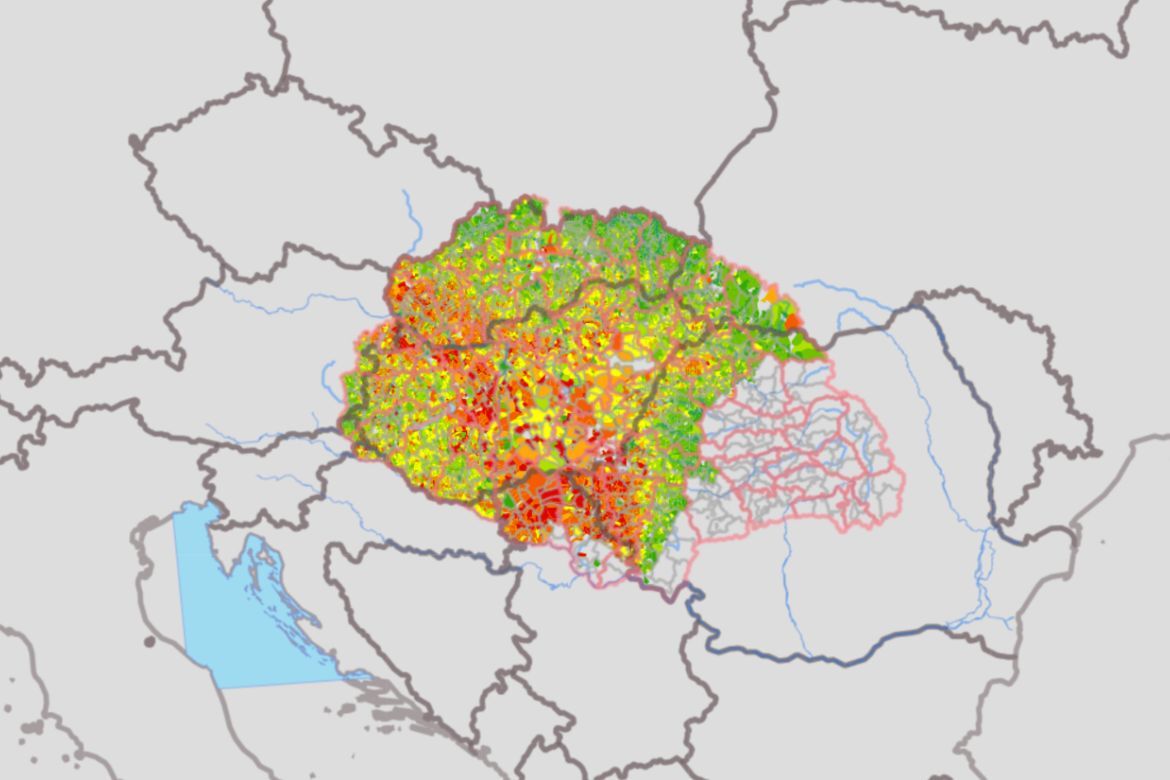
On September 26, Leslie Waters, assistant professor of history at the University of Texas at El Paso, gave a lecture at the Institute of History on her newly published book, Borders on the Move: Territorial Change and Ethnic Cleansing in the Hungarian-Slovak Borderlands, 1938–1948.

From July 31 to August 4, 2023, the Colburn School in Los Angeles hosted the 50th anniversary conference of the International Kodály Society. Two members of the Institute for Musicology of the HUN-REN RCH, Anna Dalos and János Sipos, participated in the event.

Heléna Huhák, a research fellow of the HUN-REN Hungarian Research Centre RCH Institute of History, participated in the workshop Confronting the Nazi Genocide: New Directions in Holocaust Studies, held at the National WWII Museum in New Orleans, September 7-8, 2023.

Janka Kovács, a postdoctoral research fellow at our institute, participated in the conference of the European Association for the History of Medicine and Health (EAHH), which took place from 30 August to 2 September 2023, and this year focused on: Crisis in Health and Medicine.

On 2 September 2023 Gábor Demeter, senior research fellow of our institute and Péter Földvári, visiting research professor gave a lecture at the 15th European Historical Economics Society (EHES) Conference at the University of Vienna.
Page 8 of 22